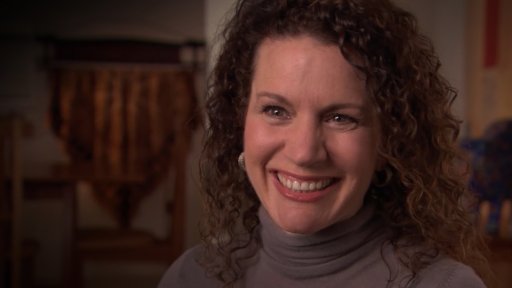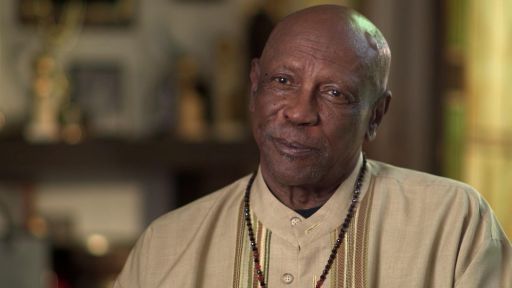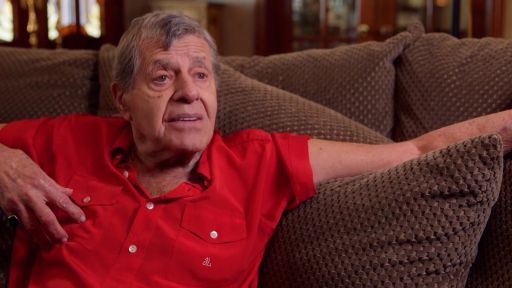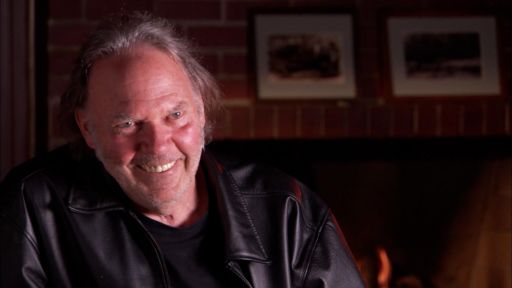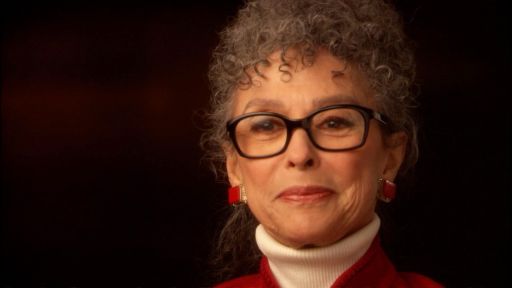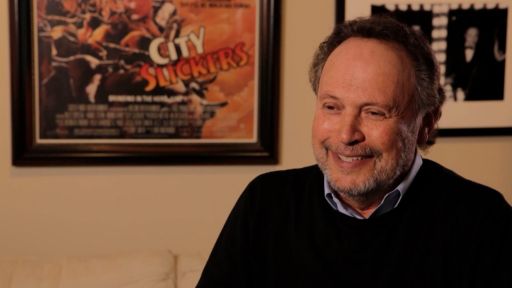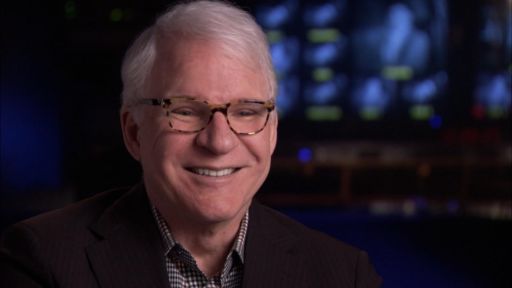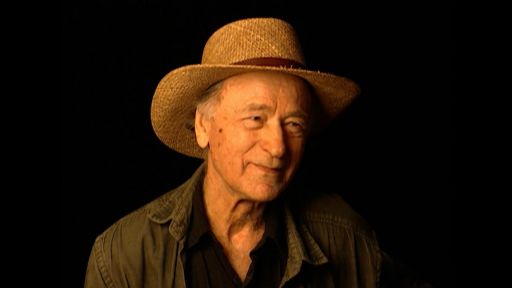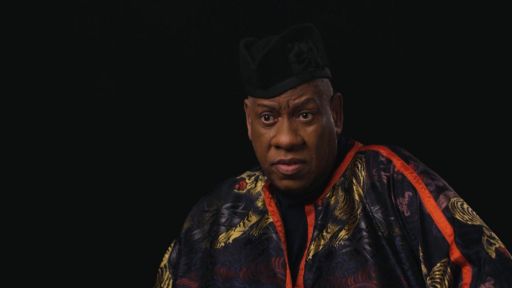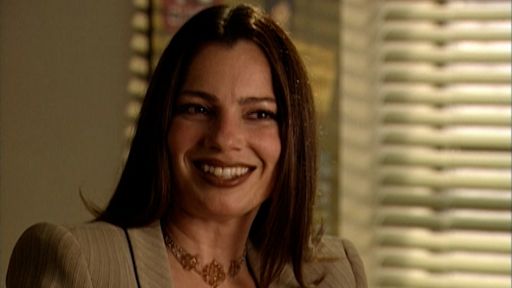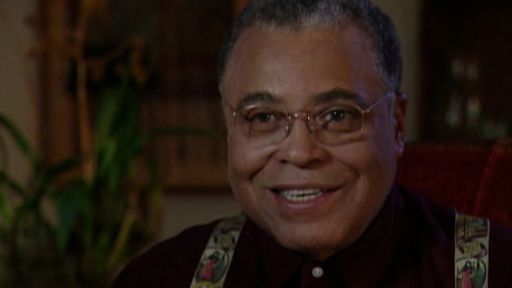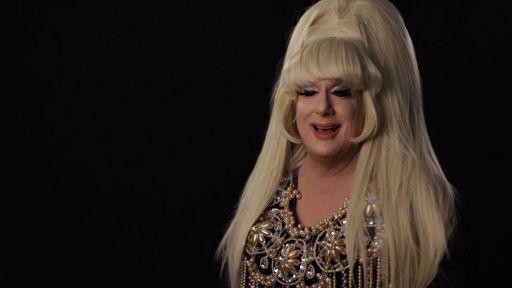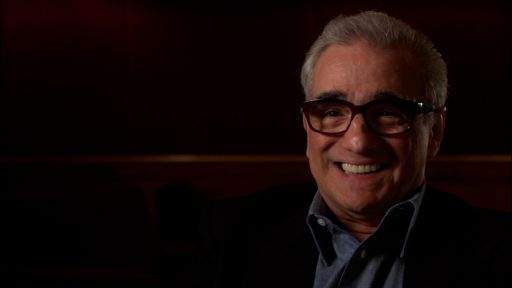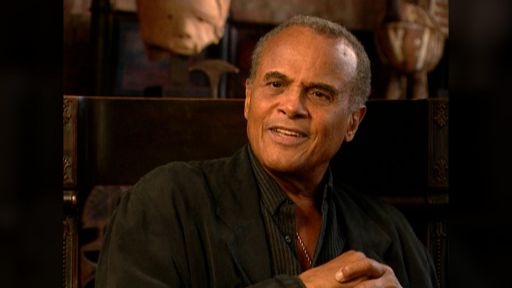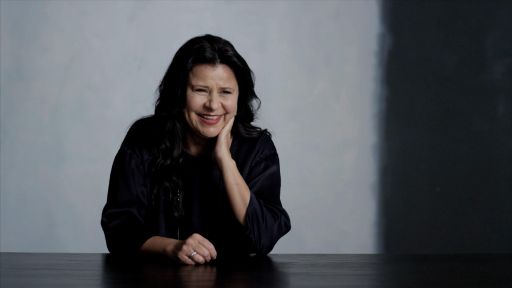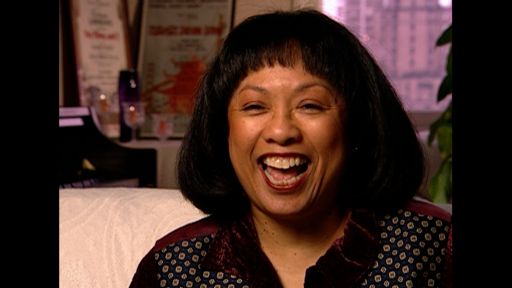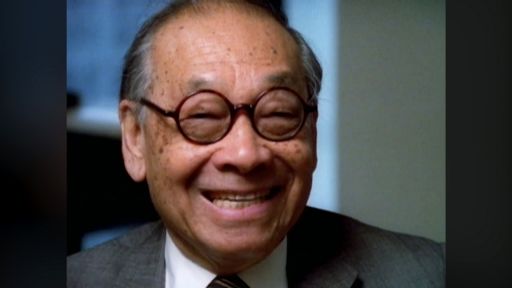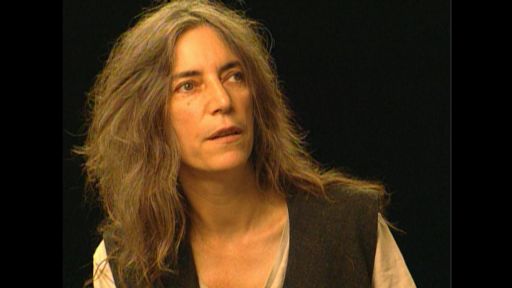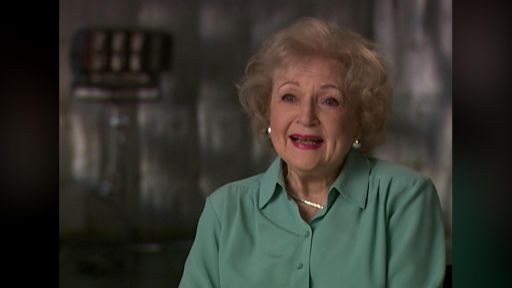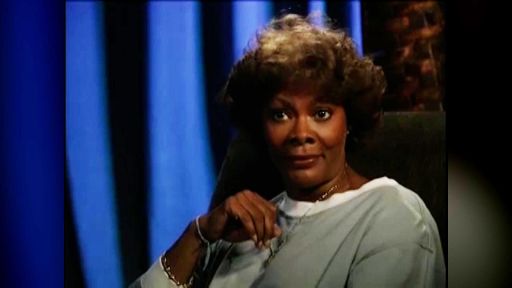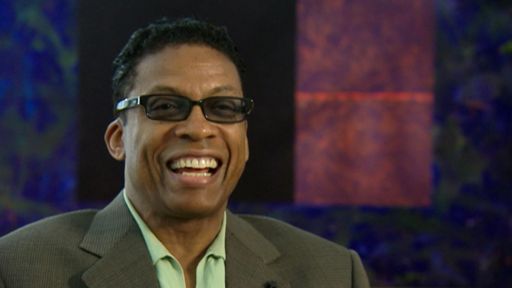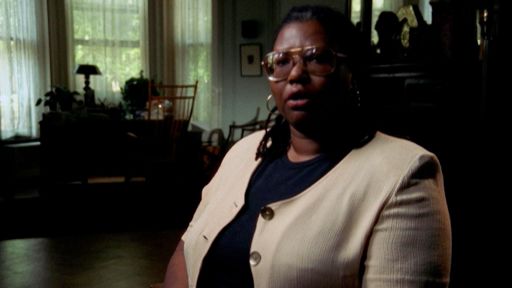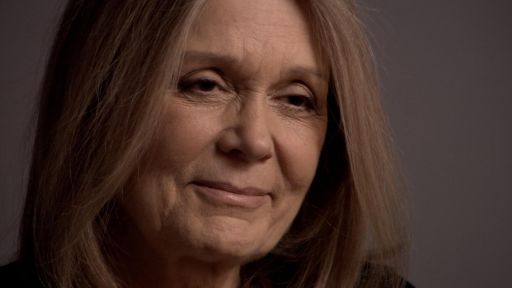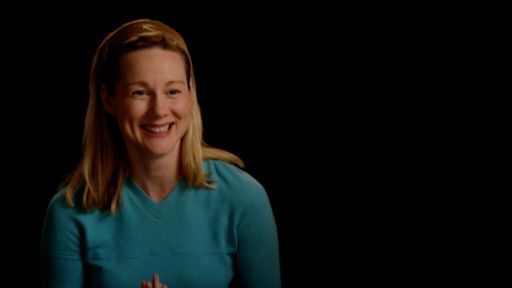TRANSCRIPT
- I was in the process of developing the "Poetic Justice" script, and I was having problems writing the poetry of the young woman I wanted in the script.
And I just said, "I'm sitting here, and I'm reading Maya Angelou's poetry for inspiration, why not just call her up, and see if I can use her poems as this young woman's poems, because that will expose those poems to the world.
The people that know them will appreciate it in the movie, but the people who don't know them will be like, wow, this is really interesting."
And so we arranged a meeting at her friend's place in West L.A., and it was a very warm, cordial meeting, and I think it started a great friendship.
Just a joy to sit and talk to her about her life's experiences and musings on the world, either contemporary, or things that, all the very famous people, well famous, but I'd say all the very interesting people that she had encountered in her life, that she's encountered.
I mean, she was a contemporary of Malcolm X.
She knew Kwame Nkrumah, she knew Ray Charles, Jimmy Baldwin.
So many different people that have influenced my life as an artist, Maya Angelou was friends with.
And so the opportunity to have her be a part of my film, and the honor of her letting me use some of her poetry in the film, and then making an appearance in the film, was really, really was something, she was like, she became somewhat like an aunt to me.
- [Interviewer] How was she a part of it?
She did a cameo.
Was she on the set?
- She did three days.
Yeah, she did three days acting in it.
It's really funny because I had scripted lines and stuff, but I'm like, hey, I'm a kid, you know what?
I had Dr. Angelou here, and then I had two other women that were actresses.
And I said, "What we're gonna do with this, we're just gonna improv this.
We're gonna improv 'cause your words, whatever you're gonna improv is more, much more eloquent and interesting than anything that I could possibly, possibly write," at that point.
And I would roll the camera and I'd sit, there's a really great scene in the picture that you, I guess you can, whether she's talking about, she's making a comment about the youth of today, and it's basically just Maya flowing, and flowing about her perspective of what the youth of today, and how they are about love and different things and stuff.
And I use her voiceover to comment on what's happening in the environment in which they are.
And it was phenomenal.
It's funny because, at a certain point, and she'll tell you this, I kept pushing and said for more and more improvisation, like going through reels of film and stuff.
And then at a certain point she just like, "Okay Mr. Singleton, I have no more words to write for you."
She just, she's basically is like directing herself.
Like I'm not giving you no more words.
I gave you enough for the day, you're gonna have to make do with what you have right there.
And hey, I'd take it for what it was.
I love her, I love her, she's just like.
As artists, budding artists in our early 20s, like people like myself at that time, and like Pac, Tupac, we had been raised on her poetry.
We had been raised on Maya Angelou's personal expressions, whether or not they're being her literary work, or her acting, or her making public appearances on whatever it was on television.
So for her to be around us in our early 20s was like an honor.
It was like, wow, this is our auntie.
You know what I'm saying?
We all were kind of humbled by being in her presence.
Everybody tried, to a certain degree, to be on their best behavior, with a few incidences.
But it's like.
(laughing) - [Interviewer] That's exactly where I want to go, to the Tupac incidents.
- Yes.
- [Interviewer] So we hear her tell the story all the time.
I could summarize it, but I think you know the story I'm talking about.
- Yes, yes, yes.
- [Interviewer] So I wanna hear it from your perspective.
What happened that day on the set?
- Okay, you have to understand that, with the incident on the set of "Poetic Justice," when Tupac had a tantrum, that we were a few days prior after the '92 riots.
that happened in Los Angeles and around, so the whole set was really tense.
There was this extra that was on the set, and he was constantly goading Tupac from afar, making derivations of his name, just different types of things and heckling him.
Pac, you know, he was a kid, he was 20 years old.
All of the stuff that was going and swirling around him was new to him.
It was all new to him, being the star of the movie, opposite Janet Jackson, who was already an established talent.
And he's like thrust, at 20 years old, to be on parity with her and hang.
When the dude kept flashing at him, at a certain point, he just went for the dude, just like he's gonna whoop his ass, and going after him, chasing him all around and everything.
And the crew was chasing them all, trying to calm them down and stuff.
And nobody could calm him, he was just a straight tornado.
And Dr. Angelou just said, "Honey, come here.
Honey, come here.
Come here, come to me, come to me."
And she came to them, he came to her, and she put her arms around him, and she just walked him away.
And they had their own private moment.
I don't know everything that was said in that private moment and stuff.
For someone like a young artist at 20 years old, for Pac, who considered himself a poet himself, a budding poet himself, to have a literary and artistic figurehead like Dr. Maya Angelou hug him and talk to him, you know what I mean, and guide him, for him it was like, it was golden.
It was a golden moment.
He told his mother, Afeni Shakur, about it, and Afeni wrote Maya a letter, thank you for looking out for Pac.
And it was a very confusing time for him.
It's really interesting that two pivotal figures of the late 20th century would meet on a movie set like that.
I think it's very indelible.
"Poetic Justice" is one project and everything, but I did it when I was very, very young.
There's a movie that I did a few years later, after "Poetic Justice," 'cause I have a dubious thing about that movie, like could I have made it better, whatever it was, and with this, I kind of rushed it and everything.
It does sort have her poetry and this, but there's another movie that I made that Dr. Angelou saw called "Rosewood," and I made it a few years after "Poetic Justice."
And I don't think she was really very proud of "Poetic Justice," you know what I mean, 'cause there was a lot of cursing, and when I showed it to her, she was like, "So much cursing in it."
I think she was appalled about the cursing.
But the cursing and these guys not, and these characters not being able to articulate their words elevates the poetry and what's happening, and with this girl and her expressing.
You know what I mean?
So, whatever it is, a pop culture expression, whatever.
But getting back to this, I saw her a few years later, and she had seen the film that I had made called "Rosewood," which was about an incident in the 1920s in Florida.
And she says to me, she gives me this warm hug, motherly hug, and she says, "Baby, you've done it.
You've done it, you've done it."
I hope I did a good impression of her.
But that made me feel so good, 'cause she really, she really, really gave me some love and respect as an artist doing something that it was telling a story that was a very difficult story to tell, that I actually gave up a lot of blood, sweat and tears for.
And the story, I feel the stories that she tells within her biographies, and sometimes in her oral storytelling, and her poetry, are visions and expressions that are in our souls, but only she can articulate.
And that's what really makes her very, very special as an artist.
- [Interviewer] Right prior to the release of "Poetic Justice," you named your daughter Justice Maya Singleton.
- Yes.
Yes.
- Tell us about that.
- Well, I mean, it's funny you bring that up, I was gonna tell you that.
My oldest daughter is named Justice Maya Singleton, in honor of Maya Angelou.
It's just because I have such a reverence, and a respect and love for her as a person.
She's been a guiding force to me.
I've spent time at her home in Winston-Salem.
She makes a mean apple cider.
She makes a mean apple cider.
She cut several times and stuff, and it's almost like being with your grandmother, you know what I mean, who's like, who wants and accepts your love, but then you're like a pesky fly.
And I would sit there with her and her friends, and they're like these old bitty women, sitting, bickering and talking about the past and different things that concern them, contemporary, but the past and stuff.
And she would go, and I learned to be very quiet, 'cause I turned into like a 10-year-old boy at this point.
And she's talking about different things and different figures.
And then I would interject and say, "Can you tell me a little bit about, how was Jimmy Baldwin?
How was Jimmy Baldwin as a person?"
And she goes, "Ugh, ugh," she just silences me.
Like, oh god, I'm like what can I ask about, 'cause I have a dozen other things I would love to ask about her time in Africa, and her times as a dancer, the period in which she spent time with Malcolm X, and Alex Haley, and Ray Charles, and all the different stories that she has and stuff, but it's like, ugh, pulling it out.
But I love her because you have a woman that is like, who is like a tree trunk, you know what I mean?
She's like a redwood.
She has deep, deep roots within American culture.
You know what I mean?
American culture, first and foremost, in the tradition of storytellers like Mark Twain, and she just really, really is one of those people that, at whatever period in which she was flowing, she was doing something for the betterment of creativity.
And she explored all of those various things.
And I just, I love it.
At the heart and soul of her is, in this tradition of, the tradition of African oral storytelling.
And that's where it all begins.
If you can express yourself, and tell a story orally, and capture an audience or a group of people, orally, then it takes you all the way back to the tribal days where people gathered around a fire, and someone would go and express and tell out the stories of the tribe.
And that's what she is.
She is the tribal queen of storytelling.

